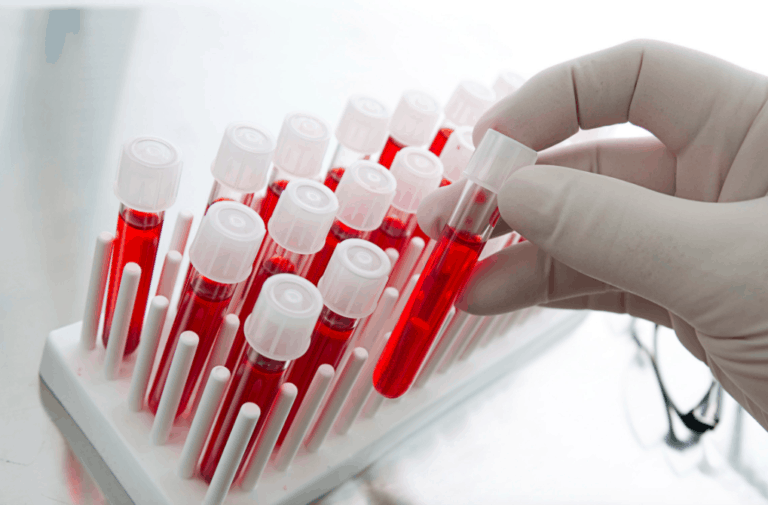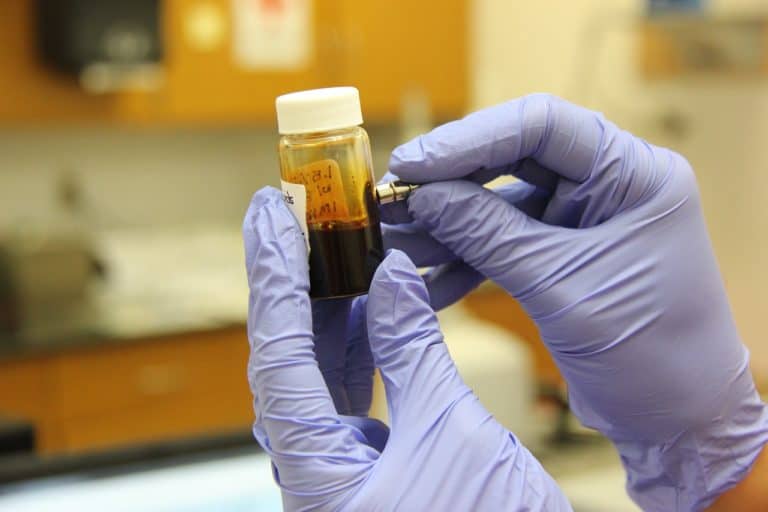How would you feel if you were taking prescribed drugs for enlarged prostate and you found out years later they had masked a diagnosis of prostate cancer? The authors of a new study have reported that men who take medications for benign prostatic hyperplasia (BPH) may have a false sense of security because the prostate drugs can delay a diagnosis of cancer. In addition, these same men may have a more advanced form of the disease once they are diagnosed.
The prostate drugs in question are those in the 5-alpha reductase inhibitor class, which includes finasteride (Proscar) and dutasteride (Avodart). Both of these drugs can reduce blood levels of prostate-specific antigen (PSA), the biomarker physicians check for prostate cancer screening and periodically when monitoring men for the disease. These drugs are commonly prescribed for men seeking relief from symptoms of this prostate condition, which affects nearly all men at some degree during their lives.
Use of 5-alpha reductase inhibitors can cause a decline in PSA levels of about 50 percent.
Elevated PSA levels is one sign of issues with the prostate, such as prostate cancer, prostatitis, or enlarged prostate. However, levels also can rise for non-prostate reasons, such as sexual activity or a urinary tract infection.
Although lowering PSA levels is desirable, using drugs to bring it down may cause physicians to miss early indications of cancer unless they account for this dampening effect of the medications.
Impact of prostate drugs for enlarged prostate: new study
At the University of California, San Diego, researchers evaluated data from nearly 81,000 men who were diagnosed with prostate cancer after they were found to have high PSA levels. When the authors looked into the drug-taking history of these men, they discovered the following:
- Those who had taken 5-alpha receptor inhibitors to treat an enlarged prostate received a diagnosis of prostate cancer an average of 3.6 years after they first showed signs of an elevated PSA
- Men who had not used these drugs were diagnosed with prostate cancer an average of 1.4 years after first showing high PSA levels
- Only 29 percent of men who were taking drugs for an enlarged prostate had undergone a prostate biopsy within two years of their first high PSA levels compared with 59 percent of men who were not taking the drugs
- High-grade prostate cancer was diagnosed in 25 percent of men who were using the drugs compared with 17 percent who were not
Why are these findings worrisome? According to the study’s lead author, Reith Sarkar, the data collected by the researchers “suggest that PSA suppression in this population was not routinely accounted for during screening for prostate cancer, and that this led to delays in diagnosis.”
That is, if clinicians don’t consider that men are taking drugs that lower PSA levels, they may not realize PSA levels are rising quickly and thus miss the presence of early stage prostate cancer.
Bottom line
When screening for prostate cancer using a PSA test, clinicians should take into account the use of 5-alpha reductase inhibitors. Because use of these prostate drugs can cause PSA levels to about 50 percent of their true levels, these men actually can have an elevated PSA and thus require further evaluation. Dr. Elizabeth Kavaler, a urologist at Lenox Hill Hospital in New York City also noted that for such patients, “the threshold for biopsy needs to be lowered.”
References
Mundell EJ. Enlarged prostate meds may delay a cancer diagnosis. WebMD 2019 May 6
Sarkar RR et al. Association of treatment with 5a-reductase inhibitors with time to diagnosis and mortality in prostate cancer. JAMA Internal Medicine 2019 May 6







